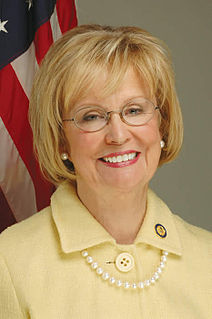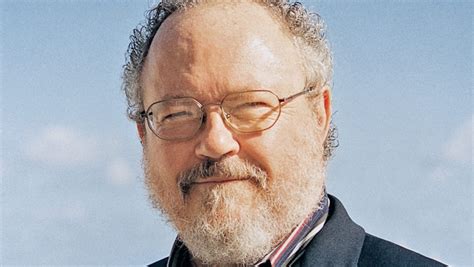A Quote by Judy Biggert
As children, many of us were taught never to talk to strangers. As parents and grandparents, our message must change with technology to include strangers on the Internet.
Related Quotes
The Internet is full of strangers, generous strangers who want to help you for no reason at all. Strangers post poetry and discographies and advice and essays and photos and art and diatribes. None of them are known to you, in the old-fashioned sense. But they give the Internet its life and meaning.
One of the most difficult things to say to another person is, 'I hope that you will love me for no good reason.' But it is what we all want and rarely dare to say to one another, to our children, to our parents and mates, to our friends, and to strangers, especially to strangers who have neither good, nor bad reasons to love us.
There's a truly unbelievable story in the paper today, that a young brother and sister... have been turned down for adoption by their own grandparents... If that weren't enough, the siblings are now to be adopted by two complete strangers against the wishes of the grandparents... And as if that weren't enough, the two strangers are a gay couple, who have been selected ahead of several heterosexual couples.
One thing is funny because my grandparents are going to come see the show and my mom was concerned that they wouldn't understand, because so much of it is Internet-based. Our generation specifically really relates to it, because we were the first people to discover the Internet and most of us can maybe navigate the Internet better than our parents can. All this information you could ever possibly know is right at our fingertips, not to mention the fact you can meet anyone!
































